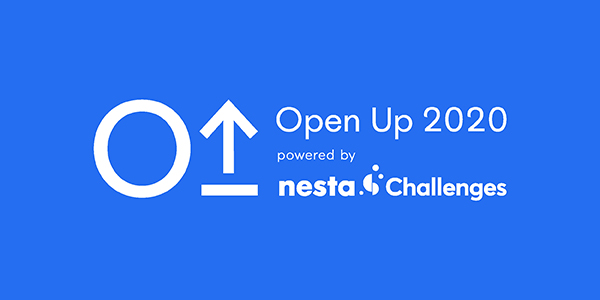
Whether you call them Key Opinion Leaders, influencers or simply celebrities, leveraging the reach of influential people in various industries has long been part of PR strategies. The definition of what an ‘influencer’ is varies and the concept is nothing new; in our business a journalist can be an influencer, able to shape public opinion and raise awareness of new products and services. And we don’t need to tell you that the proliferation of social media over the past 20 years has given rise to a new breed of influencers using these free platforms to promote themselves and endorse products, in return for an often handsome fee.
For B2B businesses, the role of the influencer and where this sits in the PR and marketing mix has had varying results. Big name celebrity endorsements for B2B brands is still in its relative infancy when compared to the consumer world, and the jury is out as to the ROI in engaging with them. Gordon Ramsay lent his star power to the contact centre software company NICE back in 2019. Deep pockets are a necessity for such an endorsement, something which will be beyond the reach of most tech companies.
For fintechs specifically, or businesses targeting financial services, working with a financial influencer, or ‘fin-fluencer’, could be beneficial. However, there are a number of things to consider before you take the plunge.
Introducing the fin-fluencers
There are a wealth of individuals who make a living offering consumer finance advice. From Martin Lewis, to Suze Orman, consumers now often take these fin-fluencers’ word as verbatim. During the energy bills crisis of 2022, for example, Martin Lewis’s status as the oracle on all things consumer finance had never been greater. But when it comes to the B2B world, fin-fluencers are less prolific, but the power they can unleash for your fintech brand can be enormous.
Take Jim Marous as an example. Marous has built around being a financial influencer, speaking about digital banking, banking transformation and the finance industry at events around the world. His platform allows him to align himself with certain fintech brands, primarily through sponsored thought leadership content opportunities. For example, Qorus published this whitepaper through Marous’s publication Digital Banking Report. His name instantly adds a layer of credibility to the brand and serves as something of an endorsement, with the content being viewed by potential Qorus customers. But again, the investment in such a package will not be insignificant.
Finding the right fin-fluencers
Before you embark on your search for a fin-fluencer to endorse your fintech business, clearly map out objectives and consider ‘the why’. What do you want to achieve and will a financial influencer be the appropriate route to go down?
It’s important to remember that trust is key when it comes to recommendations for new technology vendors. Your prospective customers will need proof points – the endorsement of a thought leader or respected industry voice will only get you so far. So lean on your customers first and foremost and leverage their testimonials and case studies. Then consider if a fin-fluencer can add weight, and ultimately value, to your story.
If you’re doing this independently, you can use X and LinkedIn to research relevant individuals. You could even post a #journorequest or #prrequest for a #finfluencer on these platforms and then explore how you could work together. It may be there are reciprocal benefits to the engagement, content that can be shared on your site and theirs, so don’t be afraid to ask the question.
How influential this will really be among your target audience – which can be niche, to say the least – is where robust analytics and attribution modelling are a must. Using UTM tracking links across any shared content by your fin-fluencer so you can track ROI will be key.
If you want to discuss how you can use influencers in your B2B PR strategy, get in touch now.









